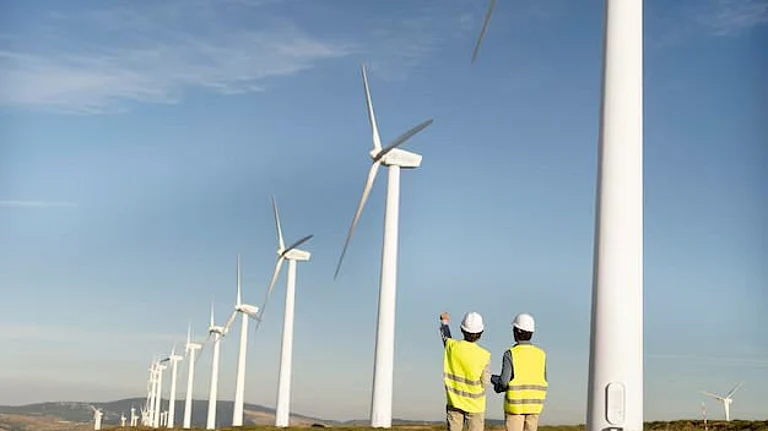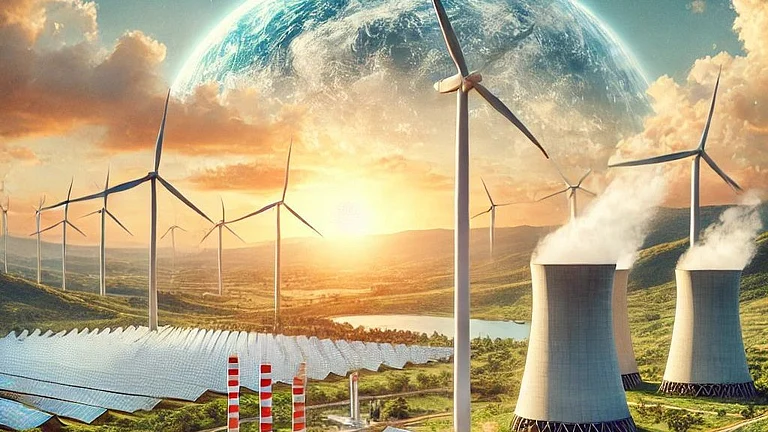India has a vast renewable energy potential but faces significant challenges in realising its ambitious targets, according to a new study by the Council on Energy, Environment, and Water (CEEW).
The CEEW study, "Unlocking India's RE and Green Hydrogen Potential: An Assessment of Land, Water, and Climate Nexus," highlights that while India has an installed RE capacity of 150 GW, scaling up to 1,500 GW and beyond could face critical constraints such as land access, climate risks, land conflicts, and population density.
The study identifies Rajasthan, Madhya Pradesh, Maharashtra, and Ladakh as states and union territories with high unconstrained RE potential. However, population density, land conflicts, and climate risks can limit deployment in many areas.
Arunabha Ghosh, CEO of CEEW, said, "The road to net zero is fraught with challenges. The CEEW study provides granular details of India's landmass to map out where we can build out renewable energy and green hydrogen projects while addressing the challenges of land, people, and climate risks."
Hemant Mallya, Fellow at CEEW, emphasised the importance of land and water resources for scaling up RE and green hydrogen. He highlighted the need for innovative solutions such as agro-voltaics and rooftop solar to address land availability.
The CEEW study also estimates India's green hydrogen production potential and identifies key production regions. However, water availability and management impact the cost of green hydrogen projects.
To ensure India's ambitious RE and green hydrogen targets are met sustainably and equitably, the CEEW study recommends a comprehensive approach that includes validating potential using higher-quality data, establishing land banks, evaluating and enhancing grid infrastructure, and revising water management policies.































